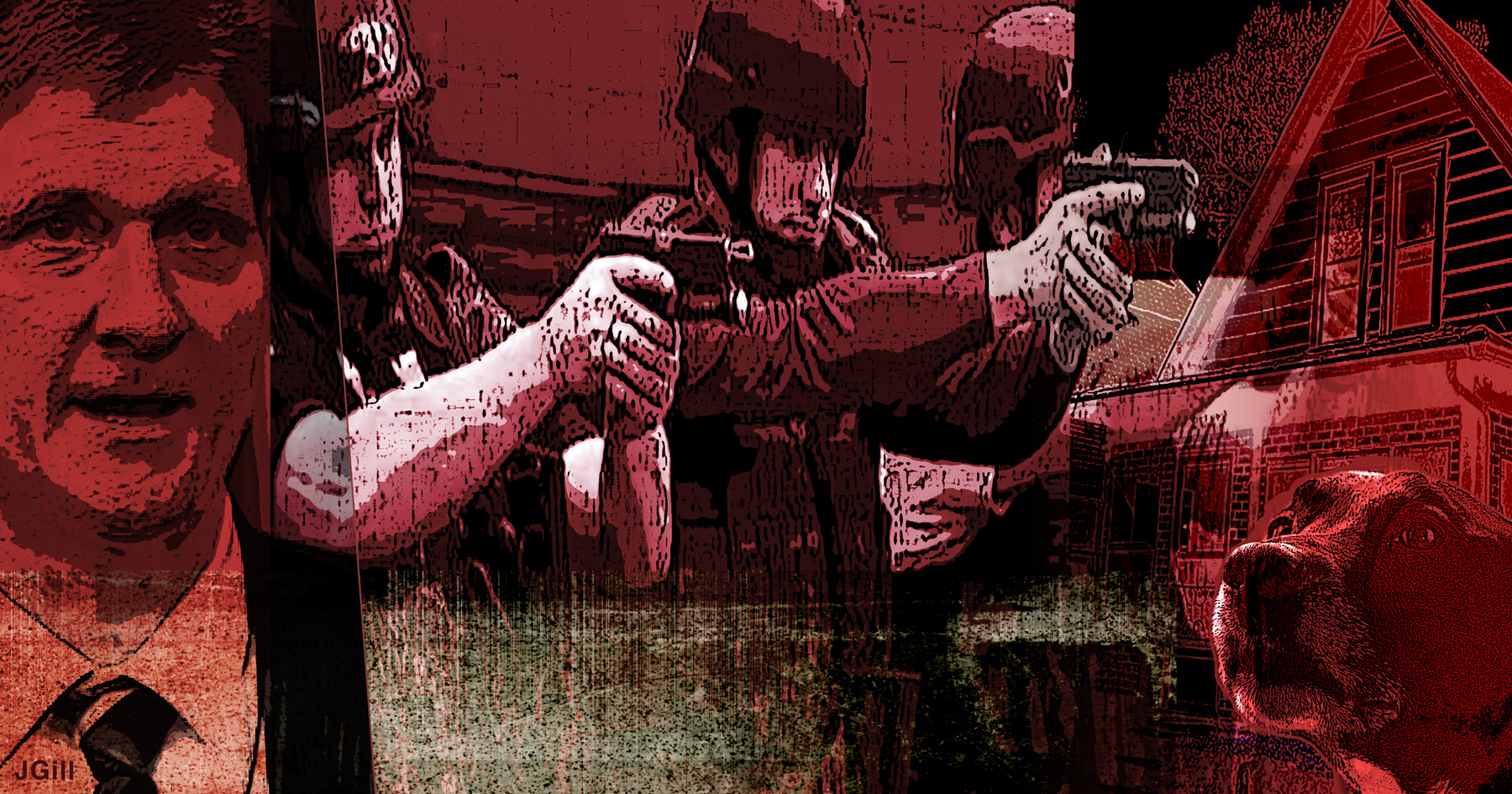Shouldn’t we imprison anyone who dares criticize the conduct of abusive public officials?
Panic not. You haven’t slipped through a portal into another dimension.
This is still Common Sense. I’m still Paul Jacob.
Interpret the initial interrogative, above, as my sardonic paraphrase of somebody else’s sentiment — that of a power-abusing official who bemoans any chastisement of his lousy actions. Who even threatens to prosecute persons voicing such criticism.
The man is John Chisholm, a Milwaukee D.A. who intimates that Wisconsin Governor Scott Walker should be investigated for blasting Chisholm’s churlish tactics against political opponents. These tactics include late-night raids motivated solely by political animus. (I’ve reported on these doings.)
Scott Walker told Iowans that “if the government can do that against people of one political persuasion, they can do it against anybody.… [I]t was really about people trying to intimidate people … [A] political witch hunt.”
Responding, Chisholm suggested, with blunderbuss subtlety, that “the Iowa criminal code, like Wisconsin’s, has provisions for intentionally making false statements intended to harm the reputation of others.”
Chisholm, you bum. You knave. You vile excrescence. Not even you dispute that your office’s raids directed against people like my colleague Eric O’Keefe occurred. Thus, you’ve no hint of a basis for a slander claim. You did the dirty deeds we’re deriding. Cheer and hug you for it, should we? (Eric has sued to block Chisholm’s secretive “John Doe” raids.)
All this does sound like the Twilight Zone. Unfortunately, it’s part of a new normal. Not one we need accept, however.
This is Common Sense. I’m Paul Jacob.







